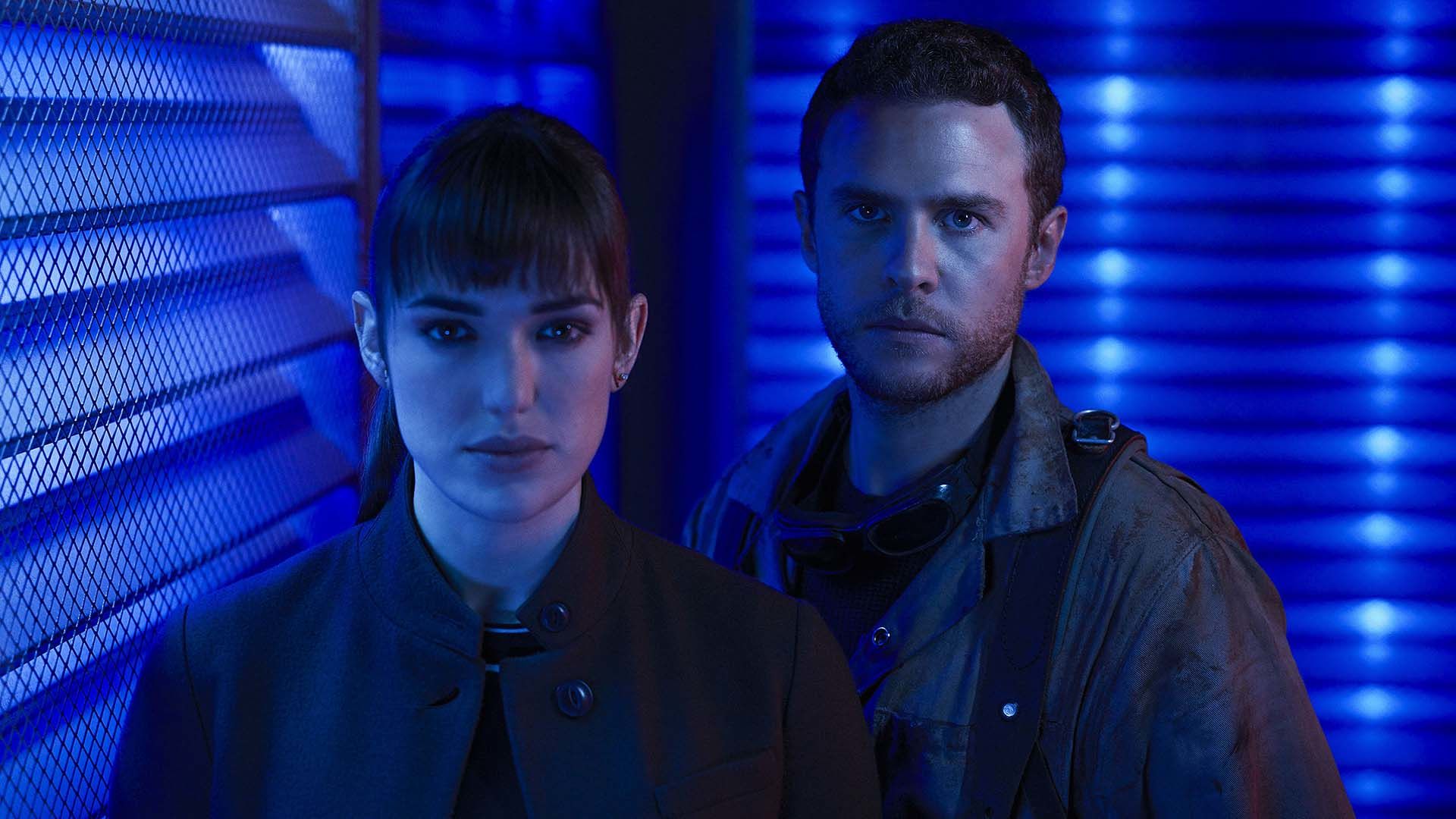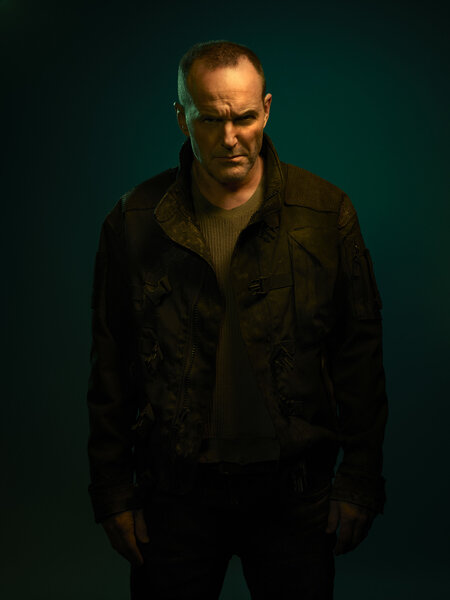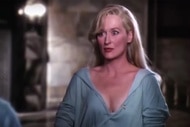Create a free profile to get unlimited access to exclusive videos, sweepstakes, and more!
Marvel's Agents of S.H.I.E.L.D. broke the MCU. Thankfully, it doesn’t need it anymore.

It may have started as the TV corner of the Marvel Cinematic Universe, but over the course of six years, Marvel's Agents of S.H.I.E.L.D. has moved beyond the MCU — literally, when it comes to the events of Season 6. Thankfully, it doesn’t need it anymore, anyway.
With Marvel Studios setting up its most ambitious gambit yet at the end of Avengers: Infinity War, jumping the story five years ahead and making some monumental changes to the world along the way, Agents of S.H.I.E.L.D. was in the precarious position of trying to stay true to the MCU that spawned it while also finding a path forward to keep telling the stories that have made the show such a hit with fans and critics the past few years.
Turned out something had to break — and it was the MCU.
Producers Jeff Bell and Jed Whedon have clarified the sixth season of S.H.I.E.L.D. takes place “pre-Snap,” despite acknowledging Thanos’ Infinity War attack in parallel to the show’s fifth season finale. Throw in the wrench of S.H.I.E.L.D.’s sixth season premiere including a one-year time jump, and any attempt to reconcile your MCU timeline just goes up in smoke. Whedon said it was a practical concern, largely due to the show’s production lead time. Sure, it was set to premiere after this April's Avengers: Endgame, but if the premiere somehow got moved up a few months — and the show factored in any heavily guarded Endgame spoilers — it would’ve “destroyed everything.”
Put simply, S.H.I.E.L.D. just ignored the fallout of Infinity War and Endgame — essentially breaking the (already tenuous) MCU timeline in the process.
For some fans, the decision has come as a point of contention. The entire MCU was pitched under the catchphrase of “It’s All Connected,” and early seasons of S.H.I.E.L.D. featured more direct connections to the MCU, from character cameos to carryover plot points to films like Captain America: The Winter Soldier. Those were fun, sure, but S.H.I.E.L.D. has always been at its best telling its own stories. It’s standalone stories like the Framework, Ghost Rider, the Inhumans arc, and the future-set adventure last season that stand out as the best seasons. The common thread is that none of those stories had much of anything to do with the wider world of the MCU.
They were just really good stories. Agents of S.H.I.E.L.D. has always been at its best doing its own thing. It wasn’t great because of the MCU connections, it was great in spite of them.
In Season 6, S.H.I.E.L.D. took the calculated risk to cut ties with the MCU’s decade-long culmination, splitting the action between a deep space search for a lost team member and an Earth-based mystery where a new baddie (played by longtime star Clark Gregg) looks to be a harbinger of wider destruction. It’s made for some of the show’s best storytelling to date, highlighted by the recent episode “Inescapable,” which was basically a bottle episode focused on the broken relationship, and psyches, of FitzSimmons.
Over the past three to four years, Agents of S.H.I.E.L.D. has carved out its own world that mostly still fit the MCU’s mold, in much the same way shows like Daredevil and The Punisher were technically “set” within the MCU but never really dabbled in it beyond newspaper clippings or throwaway lines. Ironically enough, it’s a framework (no pun intended) piloted by comic books themselves. Any month, you’ll have standalone stories taking place alongside universe-shattering events, oftentimes sharing the same characters between them. It’s not about trying to make it all fit into a tidy box, it’s about trying to tell the best story. That’s where S.H.I.E.L.D. excels, and has continued to excel.
Could they have tried to tell a story in the aftermath of Thanos' first attack, filling in the dour five years after the Snappening? Sure. Could they have wobbled the timeline to jump ahead five years to a post-Endgame world, and tried to explain that away once everyone was returned in Endgame? Maybe. But are those the best stories? Are those the stories that put these characters in the best position to do something interesting? Probably not. It would’ve pigeonholed the creative team into trying to tell a story around someone else’s story — one that’s already complicated and convoluted enough in its own right — and that rarely works out well.
In Season 6, S.H.I.E.L.D. has left the MCU behind — and most fans would agree it’s all the better for it. Here’s to the end of Season 6, the upcoming Season 7, and hopefully many more beyond. Regardless of what the MCU looks like at that point.















